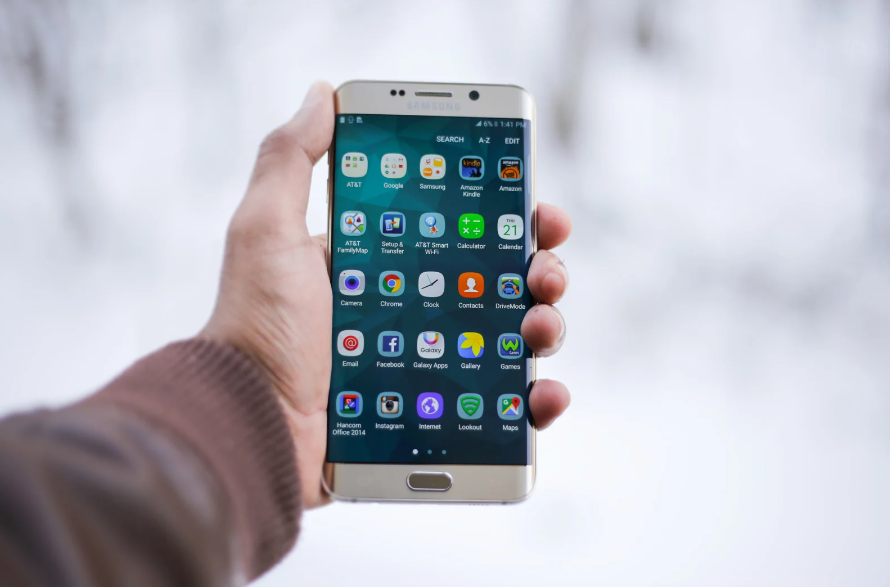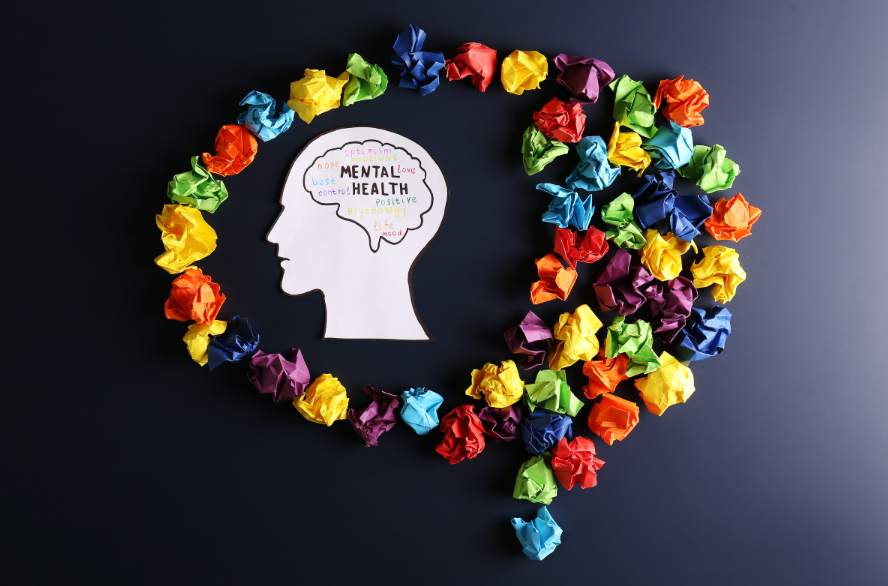Navigating Mental Health in the UK: Smartphones, Challenges and Solutions
Ive recently been looking into mental health as its been something high on my radar recently. When looking to understand the complexities of mental health, there’s always a need to delve deep, to unearth the reasons, causes and prevalent patterns. The UK definitely has its fair share of mental health concerns. So, who is affected, and could our constant companion – the smartphone – play a role?

Understanding the Scope of Mental Health in the UK
Did you know that around 1 in 4 people in the UK will experience a mental health problem each year? That’s a huge number of people if you think about it. Mental health issues such as anxiety and depression rank as the most common reasons for sickness absence in the UK workplace.
But who are these individuals? Basically everyone. They could be our neighbours, our colleagues, our friends, or even ourselves. The pervasive nature of mental health concerns means that understanding and support are more crucial than ever.

Smartphones: A Blessing or a Curse?
In the past decade, the rise of smartphones has transformed how we connect, learn, and entertain ourselves. Gone are the days you used to use it for texts and snake on your Nokia brick. While they’ve bridged gaps and opened doors to opportunities, there are underlying concerns about their influence on our mental well-being.
Studies have pointed to a correlation between excessive smartphone use and a rise in feelings of anxiety, depression, and isolation, especially among the younger population. While it’s key to understand that correlation does not directly cause certain issues, the patterns suggest it needs to be looked at.

Strategies for Mental Well-Being in the Digital Age
- Mindful Interaction: Being conscious of our online behaviour and setting boundaries for smartphone usage can help in fostering genuine connections.
- Real-life Engagements: It’s no replacement for face-to-face conversations. Let’s not replace every conversation with a text, or every visit with a teams meeting. People need to speak to people.
- Digital Health Checks: Regularly assess the impact of social media platforms on your mental health. Is it adding value or taking a toll?
- Educational Initiatives: Knowledge is empowering. Initiatives that enlighten individuals about the potential risks of excessive smartphone usage can make a difference.
- Seek Professional Guidance: Sometimes, the best course of action is to reach out. Professionals in the field of mental health can offer insights and coping strategies tailored to individual needs. Americans have been doing therapy for years and we usually follow trends (just look at Halloween), there shouldn’t be a stigma with this.
The Road Ahead
The connection of mental health and modern lifestyle choices means that strategies to improve well-being must be multifaceted. In the end, it’s all about balance. Like any tool, smartphones have their pros and cons. It’s up to us to use them in ways that augment our well-being rather than diminish it. If you need to, talk to someone.




